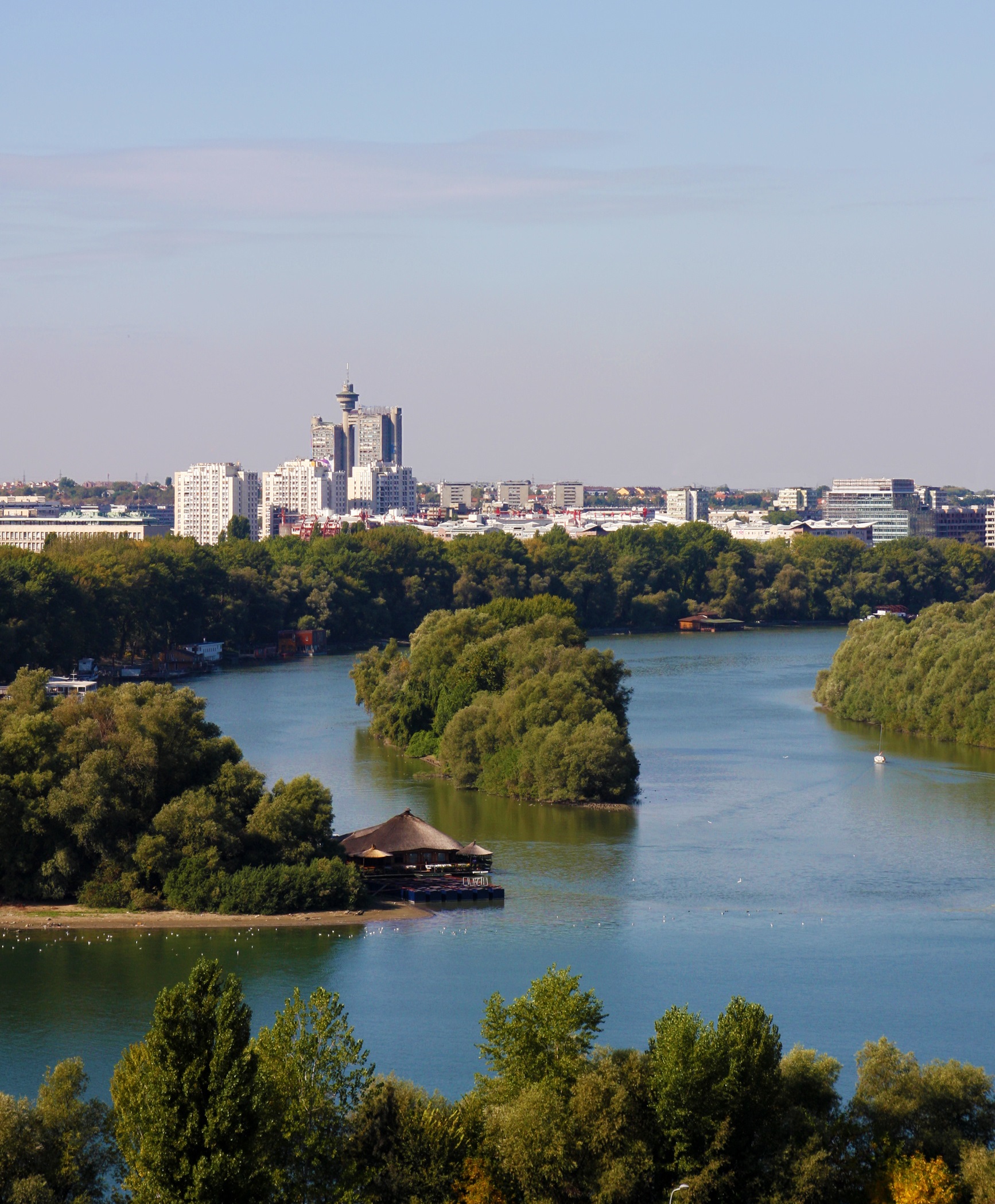
On Tuesday, 4 March 2014, a three-day workshop started in Zagreb, Croatia, to assess the intersectoral and transboundary aspects of managing the water, land, ecosystem and energy resources of the Sava River Basin. Some 50 representatives of the relevant ministries and various interest groups from Bosnia and Herzegovina, Croatia, Montenegro, Serbia and Slovenia gathered to explore jointly the interrelations between these resources to make further progress towards more sustainable resource management. The aim was to identify opportunities for different sectors to benefit from increased cooperation, as well as policy measures and actions that could reduce tensions between sectoral objectives.
The Sava countries experience promising economic development perspectives with the current boom of hydropower development and growing tourism. At the same time, the workshop participants recognized the necessity of seeking approaches that do not compromise sustainability and maintain a healthy environment. Some pioneering work to better reconcile different water uses, e.g., by bringing together navigation and environment and developing guidance for developing hydropower more sustainably, has been spearheaded in recent years by the International Sava River Basin Commission (Sava Commission) and the International Commission for the Protection of the Danube River.
At the Sava Basin workshop representatives of the various economic sectors presented their development plans and strategies. Economic sectors commonly do their planning in isolation, possibly resulting in unintended consequences and sub-optimal solutions. Looking at the complex intersectoral linkages between these sectors — the so-called water-food-energy-ecosystems nexus — in this workshop revealed unexpected connections.
Government officials from the Basin countries painted a picture in which that the need for irrigation will grow, as will investments in the energy sector. At the same time, extreme weather events pose risks and might damage infrastructure. Furthermore, new land reclamation strategies should be invested in. It became clear that all of these developments were linked and involved trade-offs. For example, increased irrigation for agriculture might affect the potential power production of planned and existing hydropower plants. As a follow-up to this workshop, selected linkages will be investigated in more detail to identify integrated approaches that will take advantage of synergies and cooperation.
South-Eastern Europe is among the areas predicted to be hardest-hit by climate change in the future, and in particular more water scarcity is expected. Therefore, risk assessment of infrastructure investments and improvements of water-use efficiency emerged as important considerations.
The strategy for the implementation of the Framework Agreement on the Sava River Basin provides a basis for transboundary water cooperation in the Sava Basin and envisages further integration of water policies with other sector policies. This orientation and the ongoing preparation of a new River Basin Management Plan for the Sava Basin make intersectoral (nexus) considerations very timely. The workshop provided further stakeholder views and new analytical findings supporting these processes. Taking the results of the workshop into account, the nexus assessment for the Sava Basin will be developed in close cooperation with the national administrations during spring and summer 2014.
This workshop was jointly organized by the United Nations Economic Commission for Europe (UNECE) and the Sava Commission. The assessment of intersectoral dependencies, initiated at the workshop, applies a methodology developed for transboundary river basins under the UNECE Convention on the Protection and Use of Transboundary Watercourses and International Lakes in cooperation with Royal Institute of Technology in Stockholm.
Note to editors:
In the Work Programme for 2013–2015, the Parties to the Convention on the Protection and Use of Transboundary Watercourses and International Lakes (Water Convention) have included an assessment of the water-food-energy-ecosystems nexus in selected transboundary basins. In this context, the Task Force on the Water-Food-Energy-Ecosystem Nexus was established to overview and guide its preparation. The Sava is one of the transboundary basins taking part in this effort.
The International Sava River Basin Commission was established in 2006 for the purpose of the implementation of the Framework Agreement on the Sava River Basin, namely for cooperation of the Parties to the Framework Agreement on the Sava River Basin (Bosnia and Herzegovina, Croatia, Serbia and Slovenia), and realization of the mutually agreed goals, such as establishment of sustainable water management and undertaking measures to prevent or limit hazards, such as floods and droughts.
The organization of the workshop was supported by the Swiss Agency for Development and Cooperation and the Environment and Security Initiative.
Contact for additional information:
Ms. Annukka Lipponen
UNECE, Environment Division
Tel.: +41 (0) 22 917 2666
Email: [email protected]

